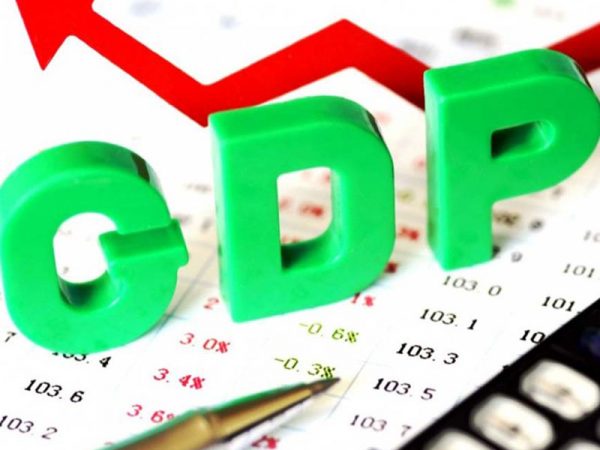The Brookings Institution, a prominent Washington-based think tank, has projected a 4.2% GDP growth for Africa in 2025, signaling a positive trajectory after a period of economic headwinds. This projection, detailed in their Foresight Africa report, marks an improvement from the 3.1% growth recorded in 2023, as reported by the African Development Bank. Several factors contribute to this optimistic outlook, including increased investments in crucial infrastructure projects and ongoing economic reforms across numerous African nations, notably Nigeria. The continent is also expected to benefit from robust domestic demand fueled by rapid urbanization and a burgeoning, youthful population, providing a strong internal engine for economic expansion. Furthermore, the gradual implementation of the African Continental Free Trade Area (AfCFTA) promises to unlock new economic opportunities by fostering regional integration and stimulating intra-African trade, creating a more interconnected and dynamic continental market.
However, this positive trajectory is not without potential pitfalls. The report highlights several risks that could impede Africa’s economic progress. External debt looms large as a significant vulnerability, exposing African economies to external shocks such as fluctuating commodity prices, global recessions, and shifts in trade and economic policies by major global players like the United States and China. Africa’s external debt, although relatively low by global standards, has witnessed a substantial increase. This debt burden translates into escalating debt-servicing costs, which strain government budgets and limit their capacity to invest in crucial social and economic development programs. The report emphasizes the critical need for African nations to build economic resilience through diversification and strengthening domestic demand to mitigate the risks associated with external debt and external economic shocks.
Political instability poses another significant challenge to Africa’s economic prospects. With a significant portion of the population affected by political upheavals, including coups and other forms of instability, the resulting uncertainty can deter investment, disrupt economic activity, and hinder long-term development. The report underscores the importance of stable governance and predictable political environments for attracting investment and fostering sustainable economic growth. In addition to political instability, extreme weather events, including droughts and floods, pose a recurrent threat to agricultural production and food security, particularly in vulnerable regions. These climate-related shocks underscore the need for investments in climate resilience and adaptation strategies to safeguard agricultural productivity and ensure food security.
Africa is also in the midst of a technological revolution, characterized by the rapid penetration of mobile devices, the rise of fintech, and the expansion of e-commerce. This digital transformation presents immense opportunities for economic growth and development. The report highlights the impressive growth in internet users and the burgeoning tech startup scene, particularly in countries like Nigeria, Kenya, and South Africa, attracting global attention and investment. By fostering innovation ecosystems and implementing supportive regulatory frameworks, Africa can capitalize on this technological revolution and emerge as a leader in the digital economy among developing markets. This digital leapfrog potential holds the promise of driving inclusive growth and creating new opportunities for employment and entrepreneurship.
The Brookings report emphasizes that for Africa to realize its full economic potential, it must effectively harness its diverse resources, leverage its strategic assets, and address the emerging challenges associated with globalization. The continent is undergoing a significant economic transformation, with a notable shift from agriculture and extractive industries towards the services sector. This structural shift is reflected in the increasing share of employment and economic output attributed to the services sector. This transition towards a more service-oriented economy highlights the importance of investing in human capital, developing skills, and creating an enabling environment for businesses in the service sector to thrive.
The Brookings projection aligns with forecasts from other prominent institutions, including Moody’s, which also predicts a 4.2% growth rate for sub-Saharan Africa in 2025. Moody’s attributes this positive outlook to improved global financial conditions, increased foreign investment, and ongoing economic reforms. However, Moody’s also cautions that high borrowing costs, stemming from external debt servicing and a potentially stronger US dollar, could constrain the ability of some countries to sustain this growth trajectory. Similarly, the World Bank, in its October 2024 report, forecasts a 4% growth rate for Africa in both 2025 and 2026, reinforcing the generally positive outlook for the continent’s economic future. Despite these optimistic projections, the challenges posed by external debt, political instability, and climate change remain significant hurdles that require concerted efforts from African governments and their development partners to overcome. The success of Africa’s economic development will hinge on its ability to navigate these challenges, promote inclusive growth, and harness the transformative power of technology.














